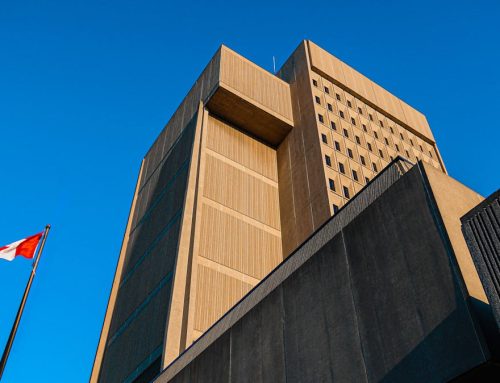New regulations enacted by parliament have made it increasingly difficult for those who have rehabilitated and lived crime-free to obtain a pardon for their past offences. Several changes to the Criminal Records Act (CRA) have lengthened the ineligibility period for a record suspension and even made certain offenders ineligible in totality.
Ricky Martin Chu has challenged the constitutionality of the retrospective application of these changes, arguing that applying these changes (which came long after his conviction) violated his rights under the Canadian Charter of Rights and Freedoms (CCRF).
Mr. Chu ’s story is all too familiar to many citizens of BC with criminal records; however, last month’s decision in Vancouver should bring hope to those who’ve inexplicably had their ineligibility periods extended.
The Background
In recent years, parliament has enacted several sweeping changes to the regulations governing eligibility for pardons, now referred to as “record suspensions”. The Criminal Records Act of 1970 allowed offenders who had demonstrated rehabilitation to obtain pardons for their past offences. Recent amendments to the regulations, however, have made them more prohibitive.
The Limiting Pardons for Serious Crimes Act along with the Safe Streets and Communities Act have extended the time an offender must wait until they are eligible for a record suspension, and even made it impossible for some to ever be pardoned.
The Transitional Provisions portion of the changes made it so that the new rules applied to all applications made after the date they came into force regardless of when the offence was committed or when the applicant was sentenced.
The Challenge
Mr. Chu challenged these provisions, claiming that retroactively applying the new changes violated his right under the CCRF, specifically as it relates to applying more onerous punishment than was provided at the time of his sentencing.
Essentially, what he is saying is that the government is not allowed to go back and punish him worse than he was punished at the time of his sentencing, which he claims is exactly what these amendments accomplish.
A criminal record is part of the punishment when committing a crime, and these changes to the CRA constitute worse punishment than he received when he was sentenced, thereby violating the constitution.
The Decision
The Honourable Justice H. MacNaughton ruled that the Transitional Provisions did in fact violate Section 11 of the CCRF, and that the Crown has failed to demonstrate that the violation of the charter is justified. His ruling stated that:
– Mr. Chu was sentenced under the notion that, should he succeed in rehabilitating himself and live crime-free, he would be allowed to be mostly freed from the burden of his criminal record. Part of his guilty plea was under the notion that he would have a criminal record for a minimum of five years.
– And that when the rules changed during his ineligibility period, Mr Chu’s waiting time more than doubled. The criteria that he will have to meet have now increased far beyond what he expected when pleading guilty.
– Similar impacts were experienced by other offenders as well.
This ruling in British Columbia proves that new amendments to the CRA have had unconstitutional consequences upon those who have applied for record suspensions. Knowing the full extent this decision will have on pardon’s application process is not yet possible.
Regardless of the ruling, having a criminal record severely limits your abilities to find employment, get an education, and live a fulfilling life. Consult experienced criminal defence attorneys in Surrey if you have been accused of a crime.












